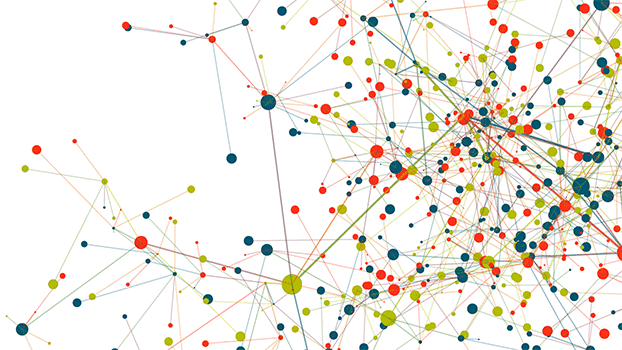
Conversations and debates on the Fourth Industrial Revolution (4IR) and Industry 4.0 (I4.0) technologies have been dominated by the experiences of a handful of advanced industrialized countries. The United Nations (UN) and the International Labour Organization (ILO) have been cautioning that adoption of newer technologies is not dependent solely on technological feasibility but a host of other factors. These range from social, cultural, and economic factors, attitudes towards technology and innovation, socio-economic conditions of the society, education and health infrastructure, the state of inequality, and possibility of social upheaval in the face of job losses. The current discussions have often done little more than repeating the old neoliberal dogma TINA (there is no alternative), while ignoring the reality that technology adoption is not merely a technical question. From this reductive perspective it would appear that the dynamic swings back to industrialized countries controlling the design, development, and innovation of newer technologies. Developing countries on the other hand, are fated to serve as a kind of unskilled digital labourers doing low-end work for a pittance, even as they provide the markets for the digitalized products.
Rakhi Sehgal is a Delhi-based independent researcher working on labour issues. Organizations she has worked with include the International Labour Organization (ILO), the New Trade Union Initiative (NTUI), and the People’s SAARC.
In light of these grim future prospects it is crucial to shift our gaze and examine the adoption of newer technologies from the perspective of developing countries. Regional variations are likely to yield different results in different parts of the world. Therefore, global narratives of the adoption and impact of 4IR and I4.0 need to be localized. The wide range of social and cultural factors that play into the 4IR mean that the above scenario is by no means an unavoidable reality, as they offer significant spaces for political and social direction. However, this only holds true if these global phenomena are thoroughly analyzed in their actual local configurations.
The ILO, as well as global union federations (GUFs) such as IndustriALL and the International Trade Union Confederation (ITUC) among others, have emphasized that deployment of technology is not a given and will be mediated through local political, legal, and socio-economic structures. It may further be influenced by a range of policy decisions at firm or government level and in the public interest. The ILO also points out that while the question of job displacement is critical, employment conditions, labour rights, social protection, gender relations, and the distribution of technology gains are equally-important considerations in order to enable leveraging of technological change for inclusive, equitable, and sustainable outcomes.
This paper examines the complex terrain of adoption of digital technologies of production in the automotive industry in India to understand two key aspects: first, the conditions of adoption and second, the impact of digitization on work relations. What are the preconditions for adoption, who stands to benefit, who loses, who will be left out, how are social relations likely to change, how will technology be localized adding dynamism to innovation etc.? Answers to such questions require a granular assessment of the changes underway by way of sketching the background. The aim of this paper is to make accessible debates on 4IR and I4.0 for workers and trade unions of the automotive industry. This in turn would help in developing the tools, framework, and action plan towards meaningful participation in and contribution to decisions which will have a significant impact on their lives and the labour movement.